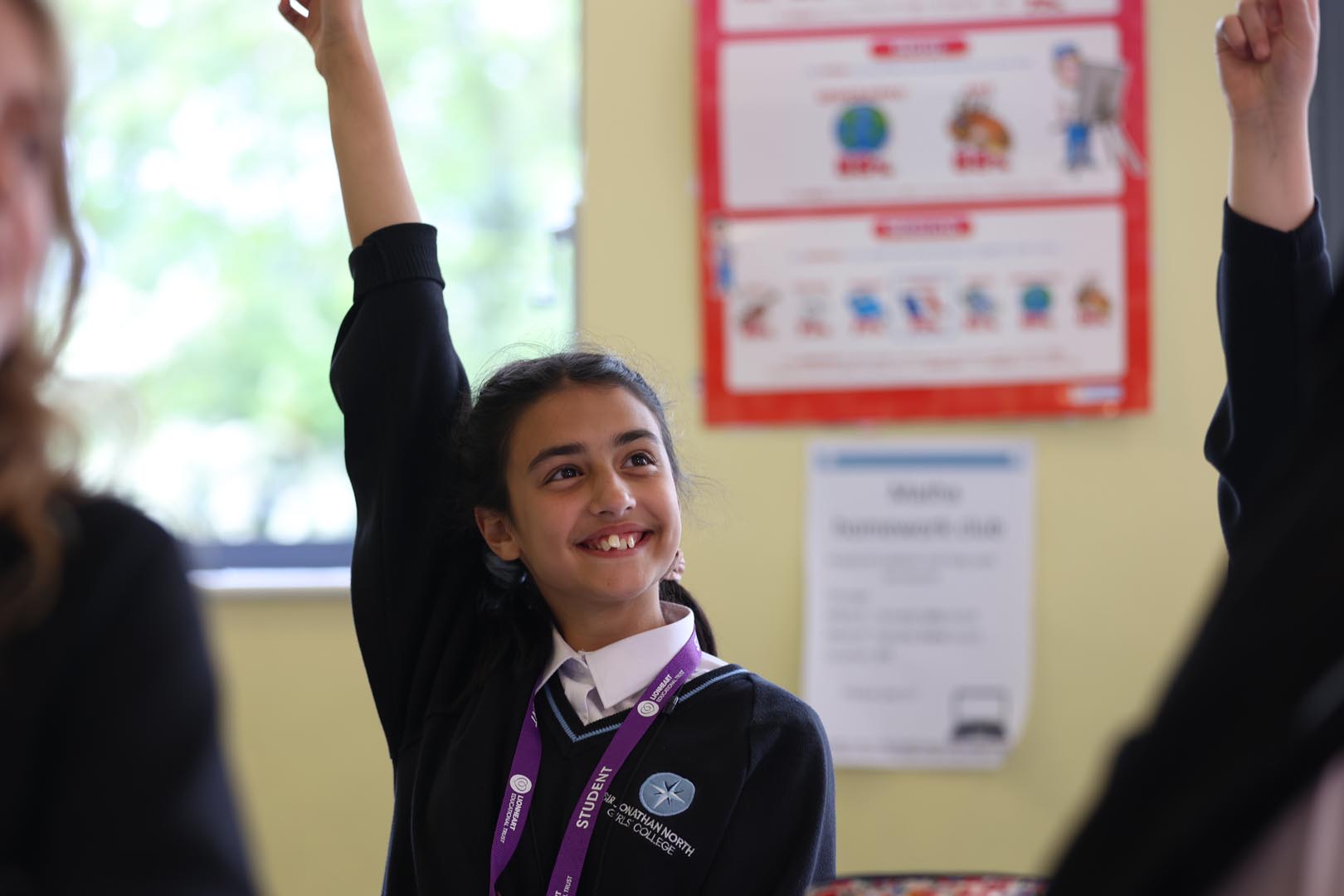
Mathematics
MATHEMATICS (GCSE)
Maths is for everyone. It is diverse, engaging and essential in equipping students with the right skills to reach their future destination, whatever that may be. Maths is the basis of science and is universal. It allows us to understand the world around us – we can apply it to our surroundings so we can know why things are the way they are. Through numbers, we can learn much about science and physics and find proof for theories.
EXAMINATION BOARD - AQA
SPECIFICATION CODE - 8300
CURRICULUM CONTENT
Maths Year 10
- Non-linear Algebra
- Number
- Comparing Data
- Reasoning
- Geometry
- Probability
Maths Year 11
- Algebra and Geometry
- Geometry and Trigonometry
- Number and Statistics
- Further Algebra
ASSESSMENT
Paper 1:
- Written exam: 1 hour 30 minutes
- 80 marks
- Non-calculator
- 33⅓% of the GCSE Mathematics assessment
Paper 2:
- Written exam: 1 hour 30 minutes
- 80 marks
- Calculator allowed
- 33⅓% of the GCSE Mathematics assessment
Paper 3:
- Written exam: 1 hour 30 minutes
- 80 marks
- Calculator allowed
- 33⅓% of the GCSE Mathematics assessment
EXTRA-CURRICULAR OPPORTUNITIES
Students have the opportunity to attend lunchtime and after-school clubs if extra help or support is needed. Some students are selected to participate in the UK maths challenge competitions which is a national challenge taking part in schools, for able students. The Junior challenge is for years 7 and 8. The Intermediate challenge is for years 9, 10 and 11.
PROGRESSION
Maths is for everyone. It is diverse, engaging and essential in equipping students with the right skills to reach their future destination, whatever that may be. As a basic measure for schools and education, students need to pass their maths GCSE to access many other level 3 courses (A levels or BTEC etc.) This means students need a grade 4 or above and would need to resit the following year if this is not achieved. To go into medicine for example, students will need to achieve a grade 6 in GCSE mathematics.

